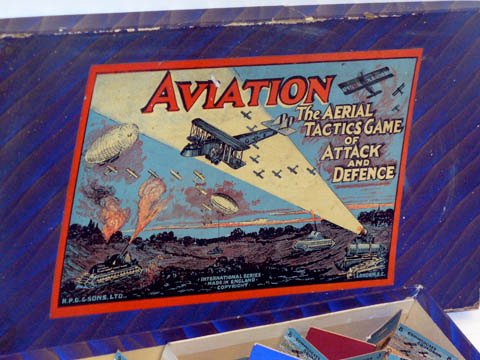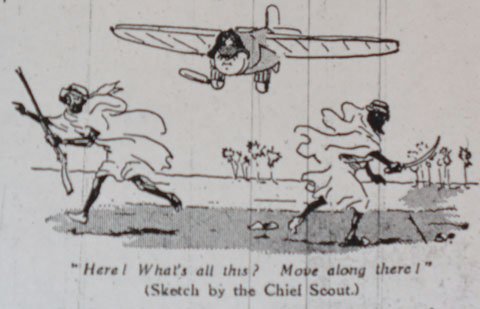War games: tabloid edition
I’ve been reading the Daily Mail quite a lot since I’ve been here, but only issues published in 1940 or earlier. So I’m grateful to Jakob for pointing me in the direction of an article in today’s edition about German boardgames from the Second World War. It’s fascinating, but why is it news? Ostensibly because […]



